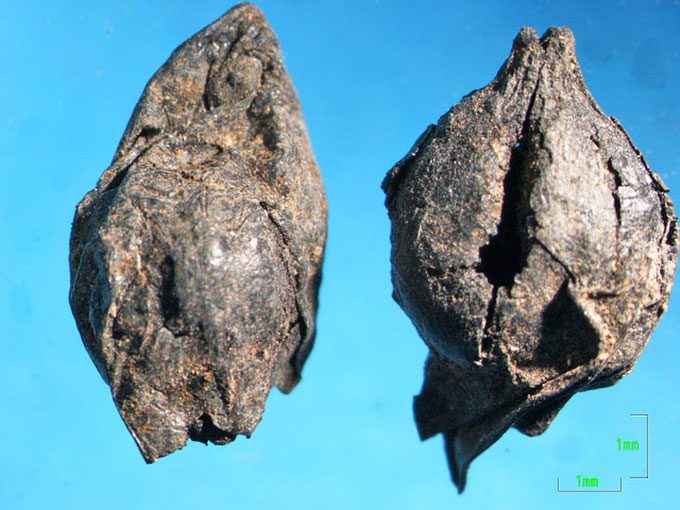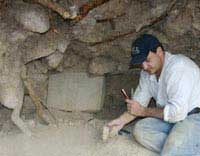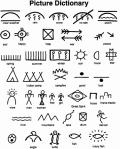6,200-Year-Old Wine Residue Reveals Valuable Insights into Agricultural Practices and Eating Habits of the Neolithic People.
Archaeologists have completed the analysis of wine samples collected from pottery excavated at the Neolithic settlement of Dikili Tash in northern Greece in 2013. This wine dates back to around 4200 BCE and is considered the oldest evidence of wine in Europe. The wine residue found at Dikili Tash was one of the topics discussed at an event hosted by the Department of History and Archaeology at Aristotle University of Thessaloniki in early June.

Many grape seeds and pomace were found in a house at Dikili Tash. (Photo: AMNA/Sultana-Maria Valamoti).
Dikili Tash is located about 2 km from the ancient city of Philippi and has been inhabited since 6500 BCE. This site is a massive artificial mound, approximately 15 meters high from the current ground level and covering about 44,500 m2. This structure is the result of thousands of years of human activity at the same location.
Scientists have known that Dikili Tash is an important archaeological site from the Neolithic period for over a century. However, they have only recently uncovered the lower layers (dating to the early and middle Neolithic) in their excavations. Experts still do not understand much about the inhabitants of Dikili Tash during these periods. Thus, this new discovery provides additional valuable information about ancient life.
Evidence of wine consumption at Dikili Tash includes thousands of grape seeds and pomace found in a house. Archaeologists stated that the wine was freshly prepared in a large vessel, and the fruit juice and pomace began to ferment. Subsequently, a fire occurred, destroying the house, but the plant residues were preserved for over 6,000 years.
“This is a remarkable discovery about prehistoric Europe, as it represents the oldest evidence of wine production in Europe to date. The new findings provide evidence of the early development of agricultural practices and how dietary customs influenced the evolution of society,” said Dimitra Malamidou, who led the Dikili Tash excavation in 2013.
In addition to the wine residue at Dikili Tash, other notable evidence of ancient wine around the world includes a 6,100-year-old winery in Armenia, a 6,000-year-old wine sample from Sicily, and traces of a 9,000-year-old Chinese rice, honey, and fruit wine.





















































